Zamknij arrow_back
- Nowości
-
Mapy i publikacje
add remove Mapy papierowe add removePublikacje papierowe add remove
-
Nawigacja
add remove Zegary add removeBarometry add removeTermometry , Higrometry, Barografy add removeAreometry (Densymetry) add remove
-
Sygnalizacja
add remove Lampy Nawigacyjne, Szperacze add removeŻarówki add removeLatarki add removeZnaki dzienne add remove
-
Środki ratunkowe
add remove Kamizelki add removeTratwy add removeKombinezony ratunkowe add removePirotechnika morska add removeKoła, Pławki, Tyczki add removeUprzęże, Linki, Taśmy Bezpieczeństwa add removeReflektory radarowe add removeBosaki, Wiosła add remove
-
Elektronika morska
add remove Radiotelefony add removeOdbiorniki Pogody add removePLB / AIS MOB, OLAS add removeRadiopławy, Transpondery add removeWiatromierze add removeAkcesoria add remove
-
Sprzęt pożarowy
add remove Akcesoria add remove
-
Wyposażenie pokładowe
add remove Drabinki Pilotowe, Ewakuacyjne add remove
- Nowości
-
Mapy i publikacje
add remove Mapy papierowe add removePublikacje papierowe add remove
- Nawigacja add remove
- Sygnalizacja add remove
- Środki ratunkowe add remove
- Elektronika morska add remove
- Sprzęt pożarowy add remove
-
Wyposażenie pokładowe
add remove
Guidelines for the Design and Construction of Offshore Supply Vessels (OSV) 2006, 2007 Edycja
These Guidelines have been developed for the design and construction of new offshore supply vessels with a view to promoting the safety of such vessels and their personnel, recognizing the unique design features and service characteristics of these vessels.
Furthermore, these Guidelines provide a standard of safety equivalent to the relevant requirements of the International Convention for the Safety of Life at Sea, 1974, as amended, and in particular to the stability criteria of the Code on Intact Stability for all Types of Ships Covered by IMO Instruments (IS Code), as amended.
Provisions for offshore supply vessels carrying more than 12 industrial personnel are not included in these Guidelines.
When an offshore supply vessel is used for special purposes, such as diving assistance or oceanographic surveys, the persons on board in connexion with these special purposes should be treated as special personnel.
The content of these Guidelines was reviewed in 2006 in order to update the references contained therein, to enhance subdivision and damage stability requirements, to remove duplication of the content between the Guidelines and the IS Code and to introduce an appropriate documentation of compliance with the Guidelines.
Furthermore, these Guidelines provide a standard of safety equivalent to the relevant requirements of the International Convention for the Safety of Life at Sea, 1974, as amended, and in particular to the stability criteria of the Code on Intact Stability for all Types of Ships Covered by IMO Instruments (IS Code), as amended.
Provisions for offshore supply vessels carrying more than 12 industrial personnel are not included in these Guidelines.
When an offshore supply vessel is used for special purposes, such as diving assistance or oceanographic surveys, the persons on board in connexion with these special purposes should be treated as special personnel.
The content of these Guidelines was reviewed in 2006 in order to update the references contained therein, to enhance subdivision and damage stability requirements, to remove duplication of the content between the Guidelines and the IS Code and to introduce an appropriate documentation of compliance with the Guidelines.
Podobne z kategorii
Availability: 3 In Stock
The *Mission Coordination* volume assists personnel who plan and
coordinate SAR operations and exercises.
A new edition of the IAMSAR Manual is published every three years. The
2022 edition includes amendments, adopted by the International Civil
Aviation Organization (ICAO) and approved by the Maritime Safety
Committee of the International Maritime Organization (IMO) at its 103rd
session in May 2021 by means of MSC.1/Circ.1640, which become applicable
on 1 June 2022.





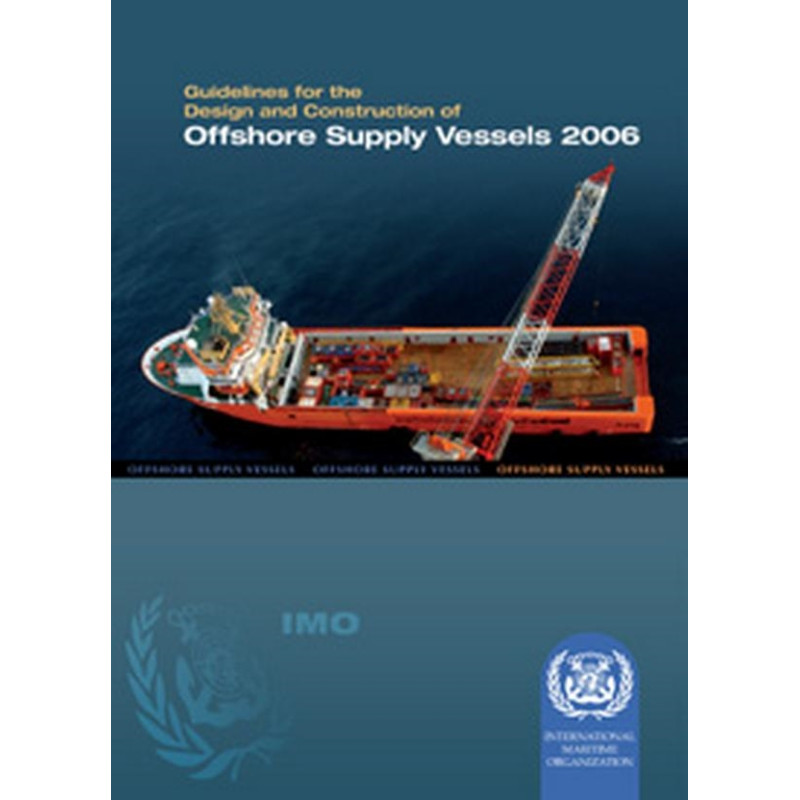

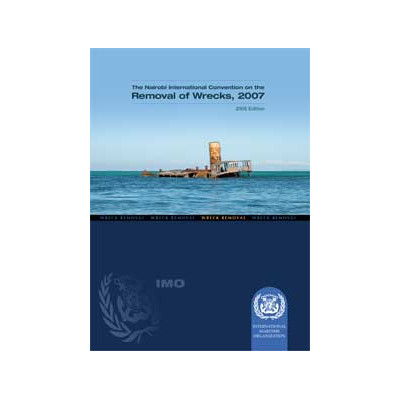
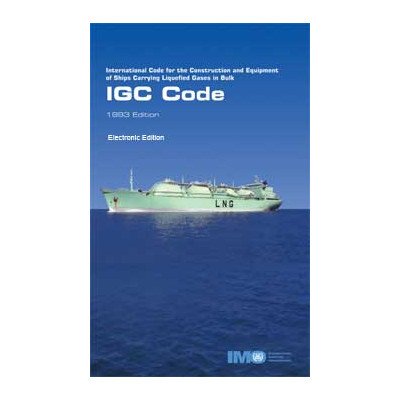
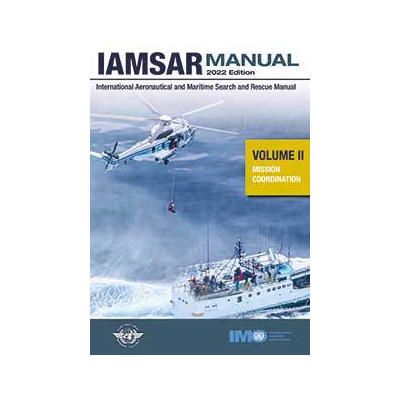
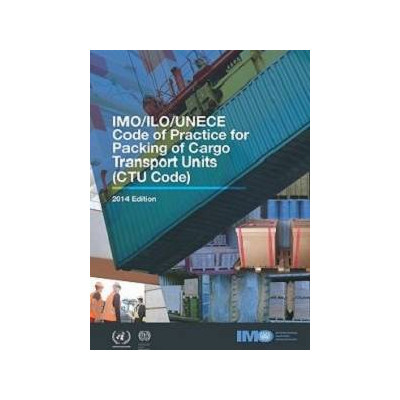
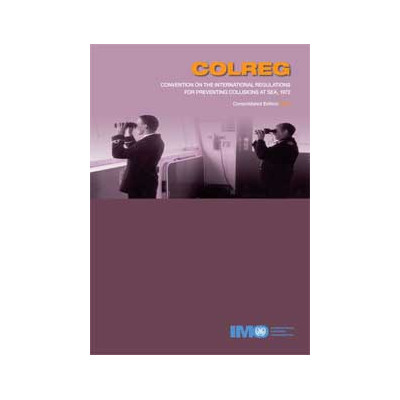
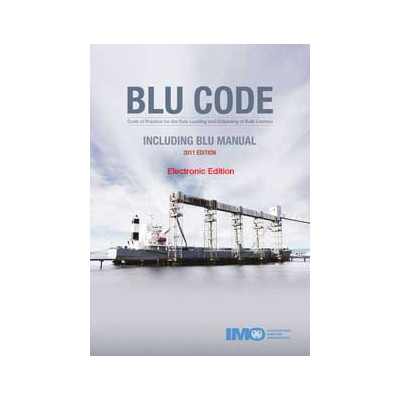
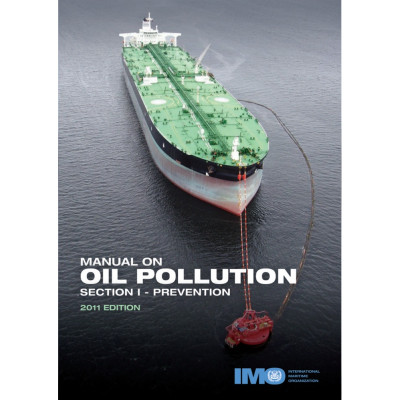
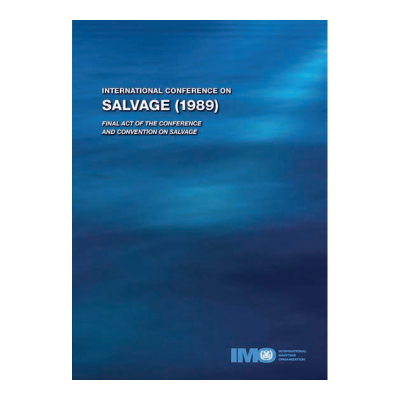
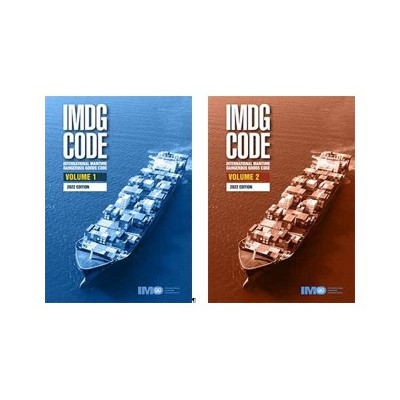
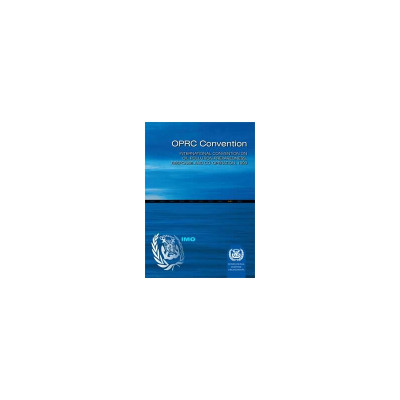
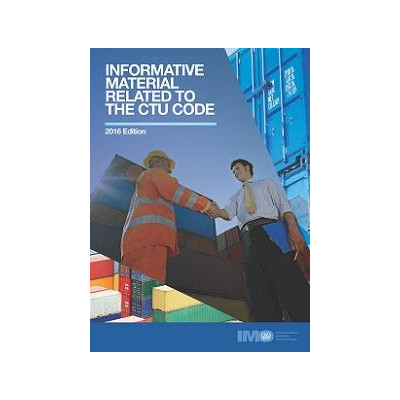
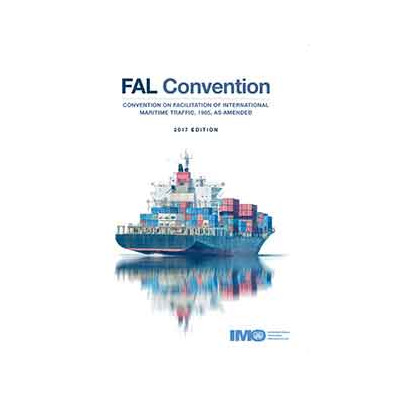
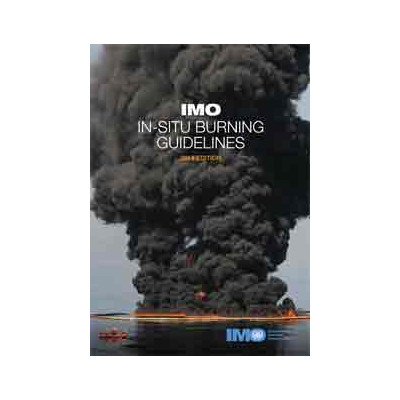
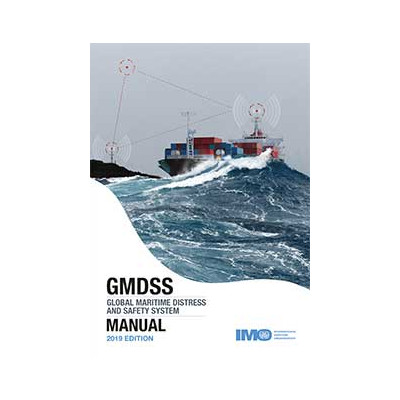
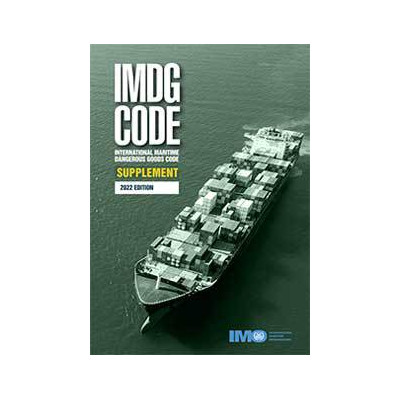
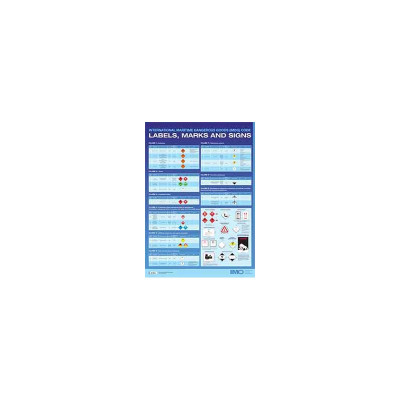
 Cookies
Cookies